Dan Russell and Mario Callegaro write: "Search engines are amazingly powerful tools that have transformed the way we think of research, but they can hurt more than help when we lack the skills to use them appropriately and evaluate what they tell us. "
Via Mary Reilley Clark, Elizabeth E Charles



 Your new post is loading...
Your new post is loading...



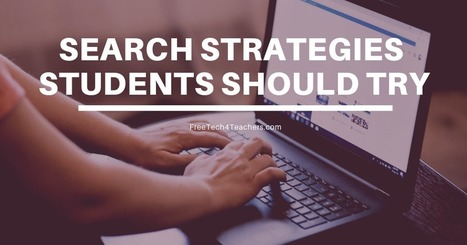

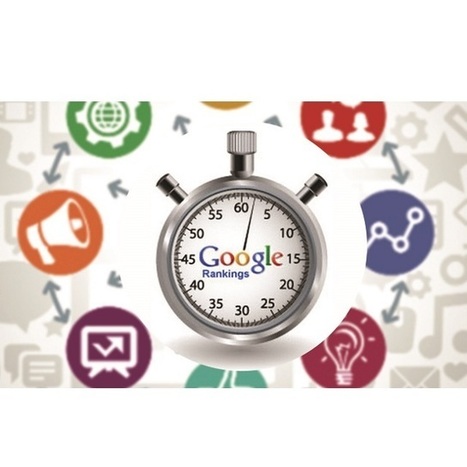
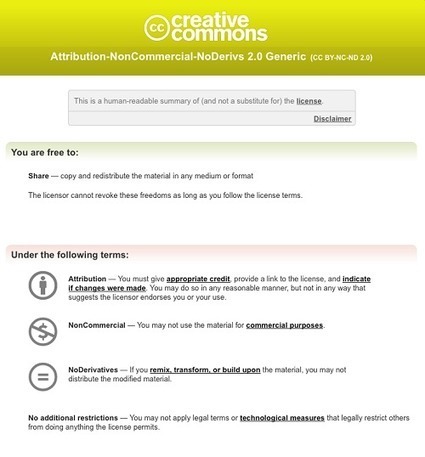
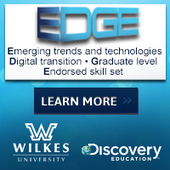



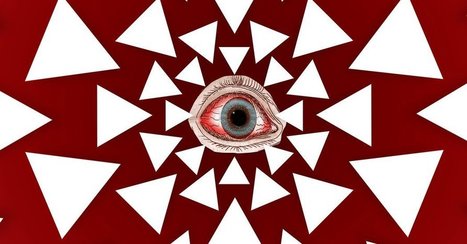
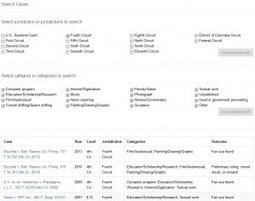
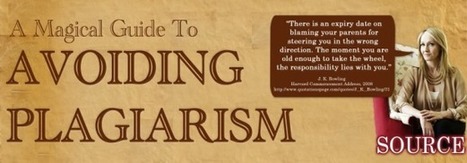

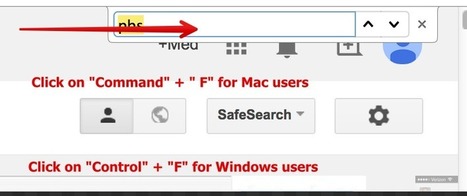
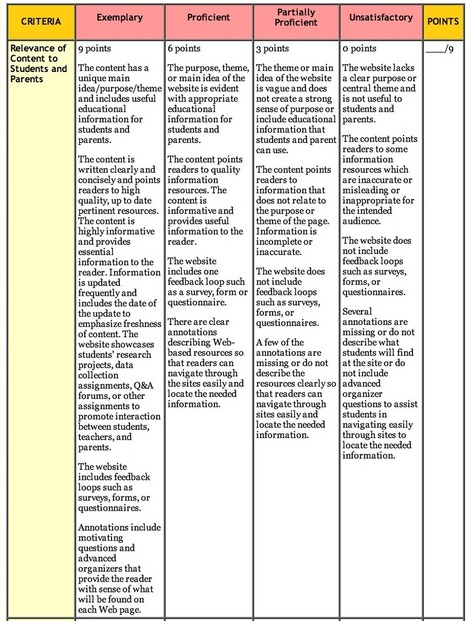





A good overview to share with teachers and students. I've been sharing the concept of lateral searching with students this year. Several have reported how helpful it is when they're researching controversial topics, especially when they find blog posts at the top of their search results. They now look up the blog'a author before continuing to read the post itself. In many cases, they've found no information on that author, which makes them think twice about using that source!